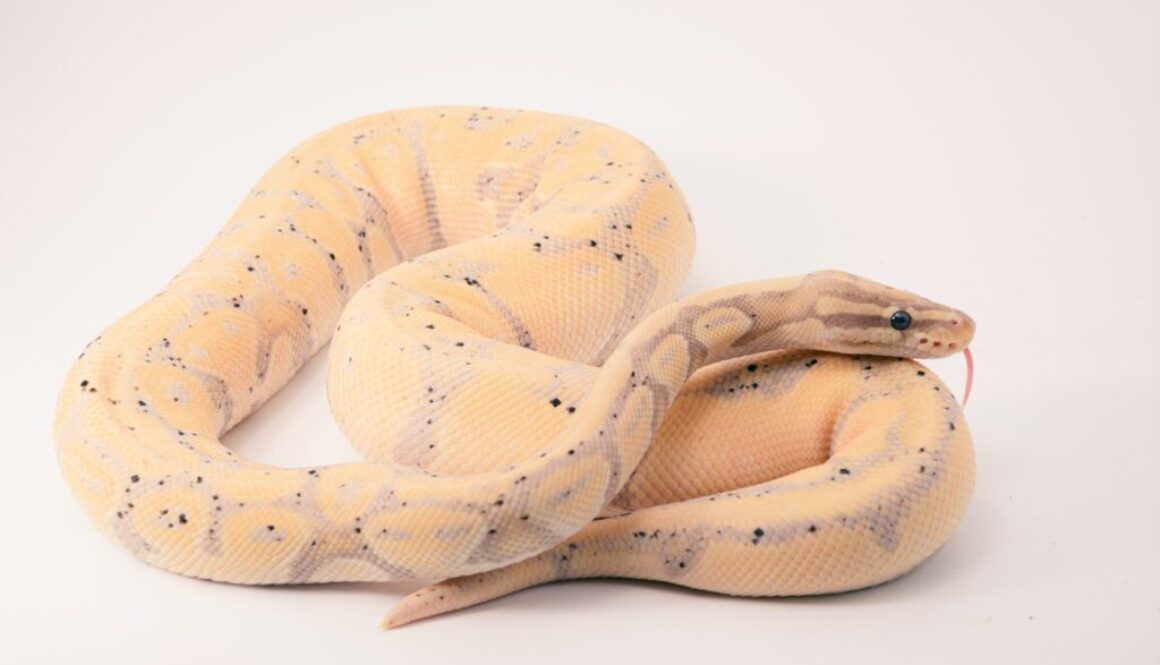The Wild Within: Owning Exotic Pets in North Carolina
North Carolina, the land of beautiful beaches and rolling mountains, might surprise you with its stance on exotic pets. Unlike many states with strict regulations, the Tar Heel state leaves the reins largely in the hands of individual counties. So, can you have a leopard gecko as a roommate or a pot-bellied pig as a porch pal? Buckle up, animal enthusiast, because the legalities of exotic pet ownership in North Carolina are a fascinating (and sometimes confusing) ride!
The Patchwork of Local Laws
North Carolina stands out for having no statewide laws regarding exotic pet ownership. Instead, counties and cities have the authority to regulate or even prohibit ownership of exotic animals. This means the legality of your dream pet can vary greatly depending on your zip code.
Decoding the County Code
Here’s where things get interesting. With 100 counties, the legalities can be a maze. Don’t fret! Here are some ways to navigate:
- Contact Your Local Animal Control: They’ll have the most up-to-date information on exotic pet ownership regulations in your specific county.
- Dig into County Codes: Many counties have their codes readily available online. Search for terms like “exotic animals,” “dangerous animals,” or “wild animals.”
Common Regulations (But Always Double-Check!)
While there’s no statewide standard, some general categories emerge:
- Off-Limits Everywhere: Sadly, dangerous animals like big cats, bears, and venomous snakes are a no-go across the state.
- County-Specific: This is where the real detective work begins. Some counties might allow ownership of certain exotic mammals, reptiles, or amphibians with permits, while others might have stricter bans.
- Unprotected Native Species: There might not be a state permit requirement for owning some native species, but federal regulations could still apply.
Beyond Legality: Responsible Ownership
Even if your county allows your dream pet, remember, responsible ownership is paramount:
- Research, Research, Research: Exotic pets have specific needs – diet, habitat, enrichment – that differ greatly from domestic animals. Thoroughly research your chosen companion’s requirements.
- Lifespan Commitment: That adorable sugar glider might become your buddy for 15 years! Owning an exotic pet is a long-term responsibility.
- Escape Prevention: Exotic animals escaping their enclosures can pose a threat to the ecosystem and public safety. Secure housing and a recapture plan are crucial.
Alternatives to Owning Exotics
The exotic pet world holds undeniable allure, but it might not be the right fit for everyone. Here are alternative ways to connect with these amazing creatures:
- Volunteer at Sanctuaries: North Carolina boasts sanctuaries dedicated to rescued exotic animals. Volunteering allows interaction with these fascinating creatures while contributing to their well-being.
- Explore Domestic Exotics: Craving a unique companion? Consider domesticated breeds with an “exotic” flair! Hairless Sphynx cats or Dutch rabbits with stunning fur patterns can offer companionship without the complexities of true exotics.
The Final Howl
Exotic pet ownership in North Carolina is a unique landscape. While the lack of statewide laws offers some freedom, it also requires thorough research at the county level. Remember, responsible ownership is key. Always prioritize the animal’s well-being and ensure you can provide the proper care for your extraordinary companion.
Bonus Tip: Consider contacting your local representatives and advocating for responsible exotic pet ownership regulations in your county!


